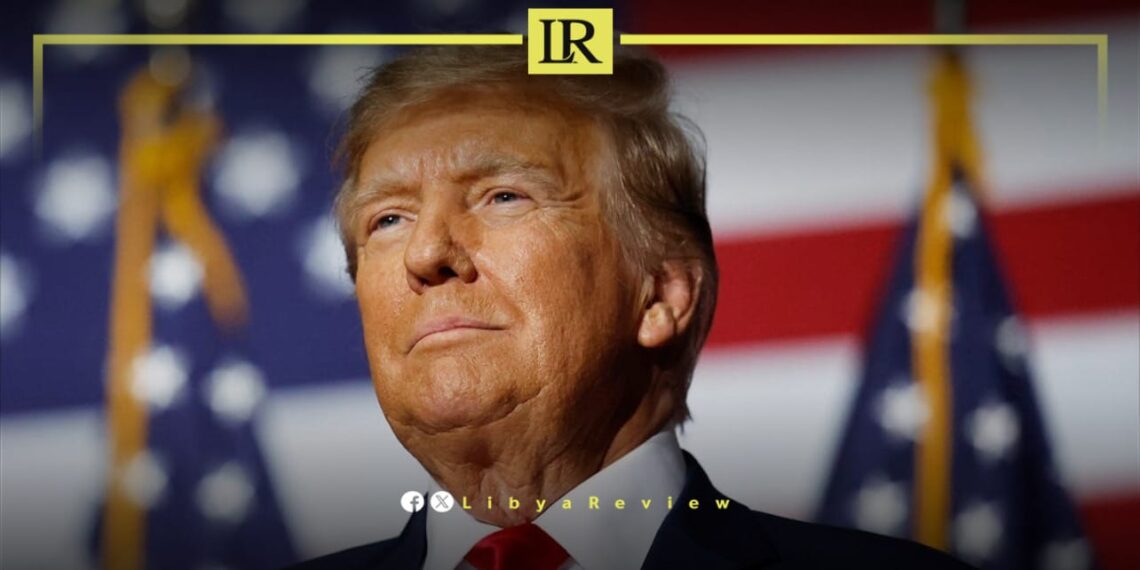As Libyans reflect on Donald Trump’s return to the White House, many are questioning what it might mean for Libya’s ongoing political crisis. The country, divided between two competing governments, has endured conflict since 2011.
For Libyans, the 2024 U.S. elections marks the fourth since their civil war began, and opinions are mixed on whether a new U.S. administration will shift its approach to the Libyan situation.
Libyan politicians and activists have shared differing views on how Trump’s leadership might impact Libya’s stability. Some members of Libya’s House of Representatives believe the U.S. approach to Libya is likely to remain consistent, regardless of the President in power. They suggest that this steady policy focus could dampen hopes for any major shift in U.S. involvement in Libya’s crisis.
On the other hand, many Libyans argue that the U.S. administration—whether Democratic or Republican—does not consider Libya a top priority. These voices suggest that while Washington has been involved diplomatically, it is unlikely to place Libya at the forefront of its foreign agenda.
Deputy Speaker of the Libyan House of Representatives, Fawzi al-Nuwairi, recently commented that Trump’s presidency would not directly affect Libya’s crisis, as Libya has rarely been a major concern for the U.S. in past administrations.
For some Libyan citizens, Trump’s personality or policies are unlikely to impact their daily lives directly, given the absence of a U.S. ambassador and minimal U.S. diplomatic presence in Libya. Still, others hope that Trump’s leadership may bring renewed attention, especially if his administration re-engages diplomatically with Libya.
With few expectations of prioritisation from the U.S., Libyans place their hopes primarily in the United Nations and other international bodies to spearhead initiatives toward a political solution.
However, Libya’s deep political divisions and the influence of foreign powers make a comprehensive settlement challenging, leaving the country’s future complex and uncertain.


